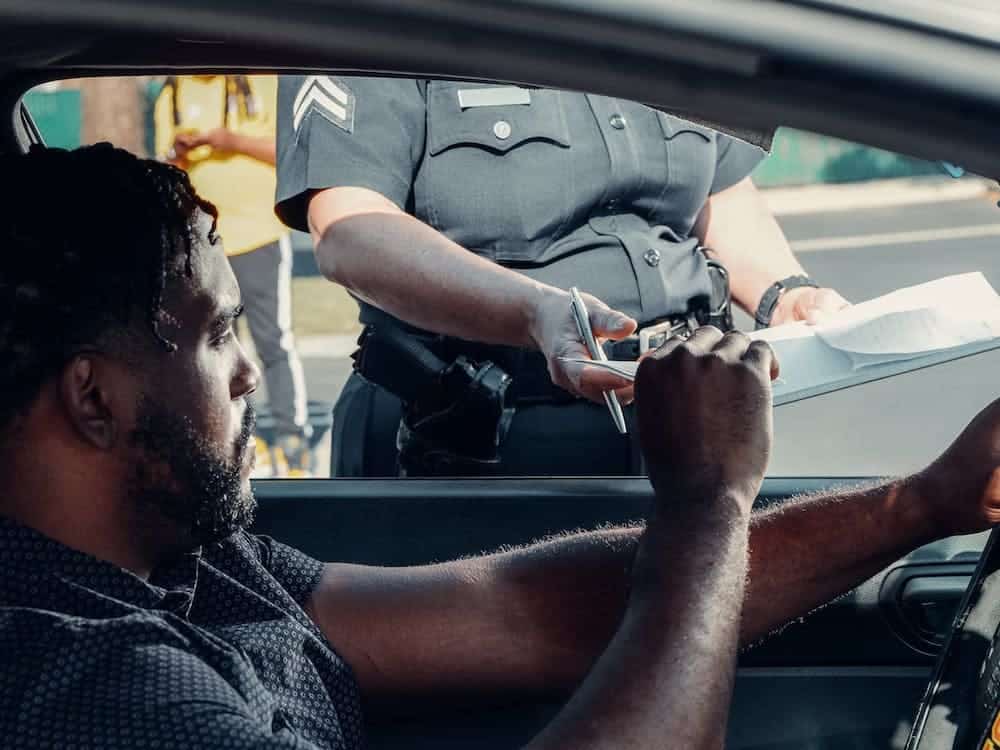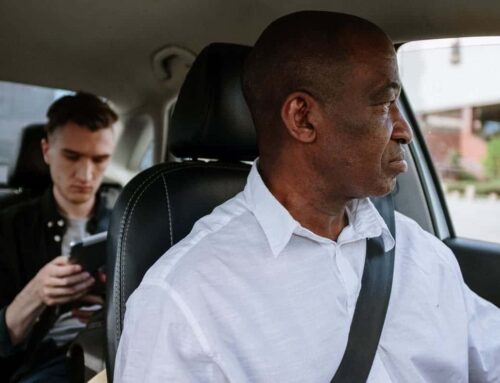Fines for a Chauffeur Service: What to Know
In the landscape of modern transportation services, the Chauffeur Service (NCC) has carved out a prominent place, offering a flexible and tailored solution for those seeking a reliable means of transportation, but without the challenges of owning or driving one’s own vehicle. Unlike taxis, which operate on an “on-demand” basis, NCCs are booked in advance and often provide a higher level of service in terms of comfort and professionalism, especially when one needs to get to the airport. But like any other service involving road vehicles, the NCC is not immune to potential issues, such as fines and penalties. Being aware of one’s responsibilities is crucial to avoid legal and financial complications.
Who pays the fine: the driver or the owner of a chauffeur service?
The world of the NCC is structured in such a way that, in most cases, the responsibility for fines falls on the driver at the time of the infringement. This is because it is the driver who has direct control of the vehicle and, consequently, decides how and where to drive. However, in situations where the driver cannot be identified or refuses to take responsibility, the fine can be directed to the owner of the NCC vehicle. This creates an additional layer of responsibility for the owners of these services, making clear communication and understanding of the rules between all parties involved even more essential. To avoid complications, many NCC companies establish internal protocols and contractual agreements that clarify responsibilities in the event of fines.
What happens if I don’t pay a fine with a rental car?
When you rent a vehicle, you enter into a contractual agreement with the rental company. This agreement often includes clauses related to the payment of fines. Ignoring a fine received while using a rental car is never a good idea, as the consequences can extend well beyond a simple penalty. If the fine is not paid, the rental company might be directly notified by the issuing authority. At that point, the rental company may have several options. Many companies immediately charge the fine amount to the credit card provided by the customer at the time of rental, also adding potential administrative fees. These administrative fees are justified by the burden of managing communication with regulatory authorities and transferring the responsibility of the fine to the customer. Moreover, repeatedly ignoring fines could impact your reputation with the rental company, making future rentals more difficult or expensive.
What happens if you get a fine with a rental car?
Receiving a fine while driving a rental car is a circumstance that can cause some discomfort. The first thing to do is to gather information: some fines might be sent directly to the driver’s home address, while others might be sent to the rental company. In both cases, it is crucial not to ignore the fine. If the rental company is informed before you are, they may proceed to pay the fine on your behalf, then transferring the financial burden to you, often with the addition of an administrative fee. To avoid additional costs and potential misunderstandings, it’s always advisable to contact the rental company as soon as you become aware of the fine, demonstrating proactivity and responsibility. Lastly, carefully reading the rental contract can provide clear guidelines on how to handle such situations, preventing unexpected stress and costs.
What penalty is provided if a vehicle not intended for such use is used as a Chauffeur Service?
Operating as a Chauffeur Service (NCC) without the necessary permissions is a risk that shouldn’t be underestimated. This is because transporting people for a fee is regulated by a set of specific laws and regulations aimed at ensuring passenger safety and service integrity. The penalties for illegally operating as an NCC vary depending on local jurisdiction, but they are usually quite severe. For instance, there might be a significant fine which, in some cases, can progressively increase for repeat offenses. This is intended as a deterrent to stop people from operating without the proper permissions. But the penalties don’t stop at just fines. In some jurisdictions, there might be a temporary suspension or even a permanent revocation of the right to operate as an NCC. In extreme cases, if caught operating without a license multiple times, the vehicle used might be confiscated. This, apart from having serious financial repercussions, could also severely damage the offender’s reputation, making it very challenging to return to the industry in the future.
What happens if I don’t declare the driver in a fine?
Declaring the driver in case of a fine is a crucial aspect of the penalty process. If a vehicle receives a fine and the competent authority isn’t able to clearly identify who was driving, the standard procedure is to approach the vehicle’s owner. Failing to declare the actual driver might seem like a way out, but it can further complicate matters. The vehicle owner could be held responsible by default unless they provide contrary evidence or declare who was driving. This might lead to accumulating points on the owner’s driving license or other additional penalties. Beyond the fine itself, failing to provide or providing false information about the driver’s identity can be seen as an additional violation. This could lead to extra penalties and, in some cases, might even be considered a criminal offense. For this reason, it’s always advisable to be honest and transparent when dealing with fines and penalties, to avoid further legal and financial complications.





